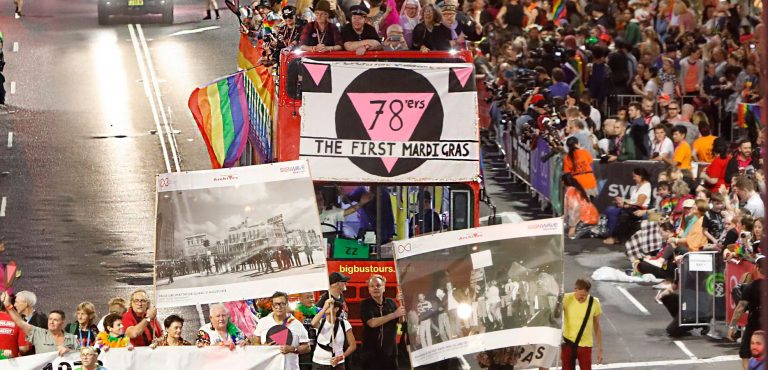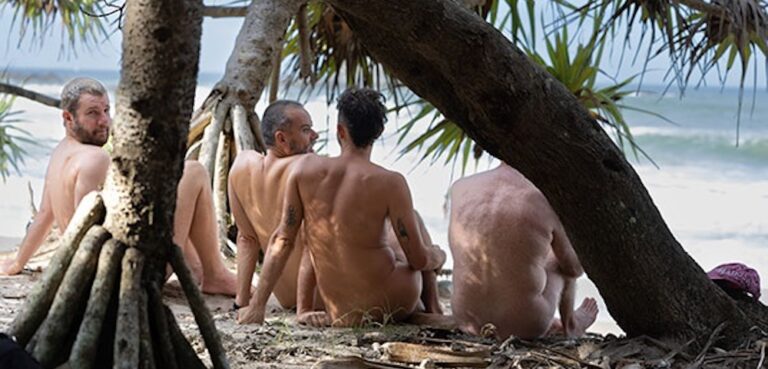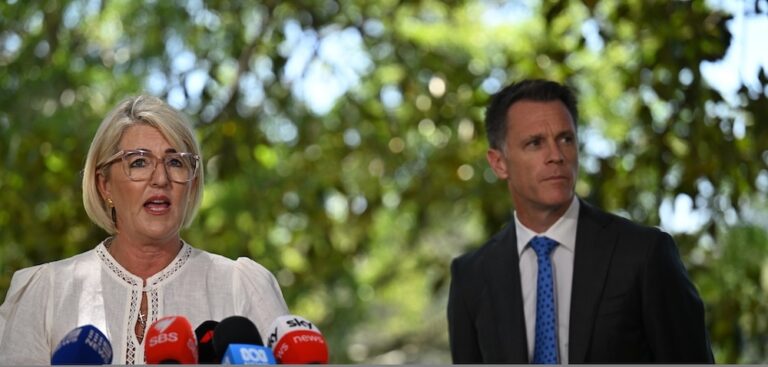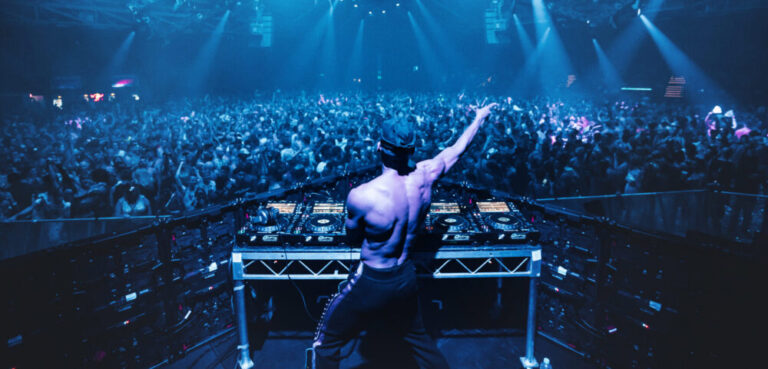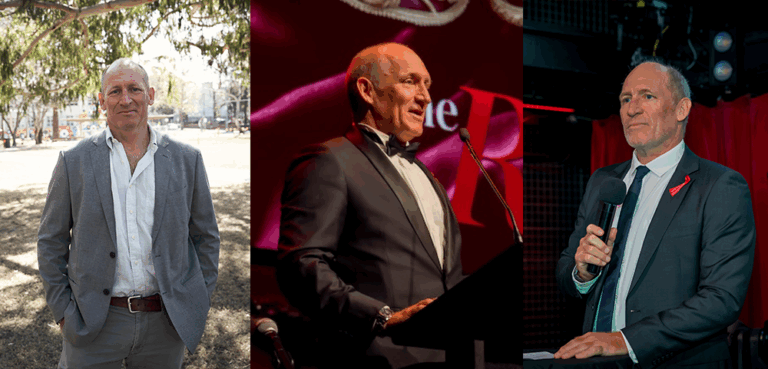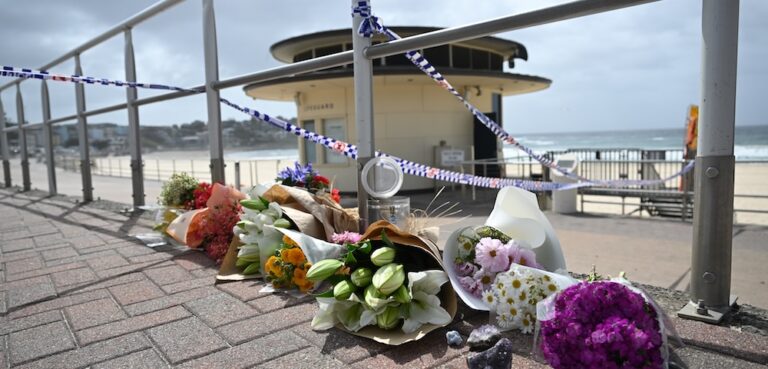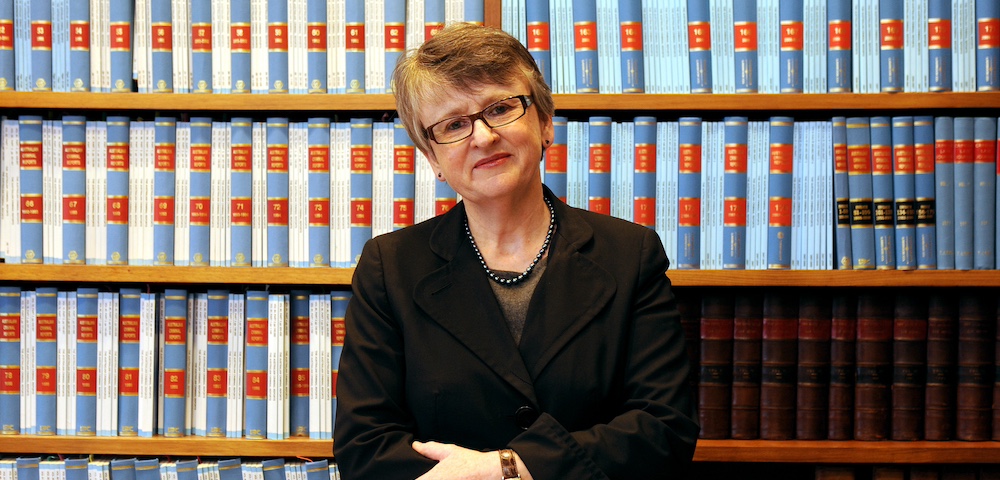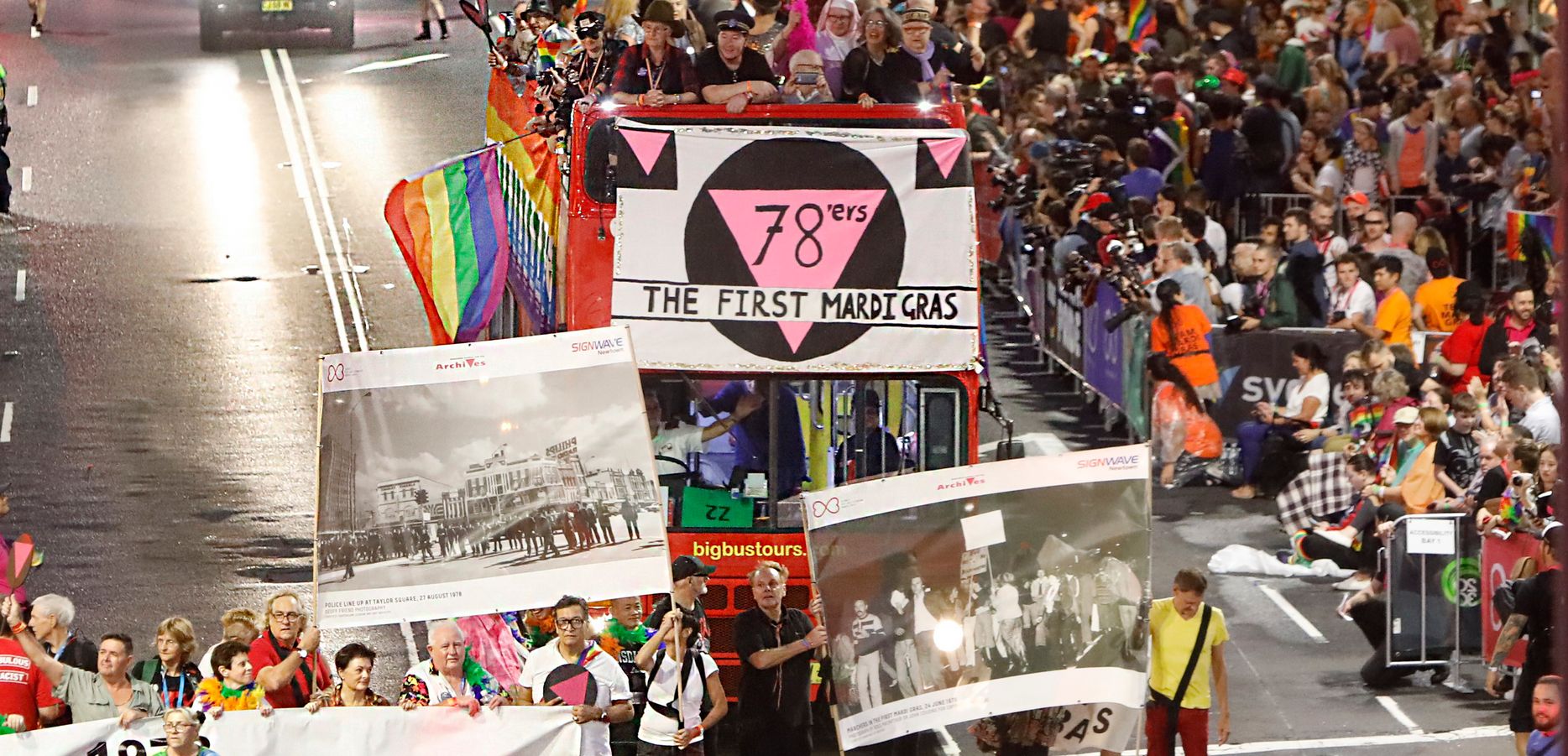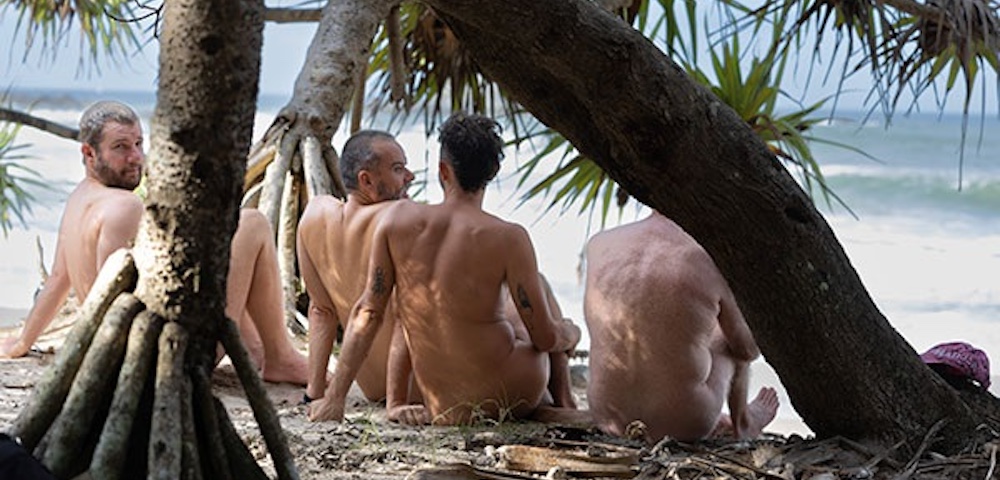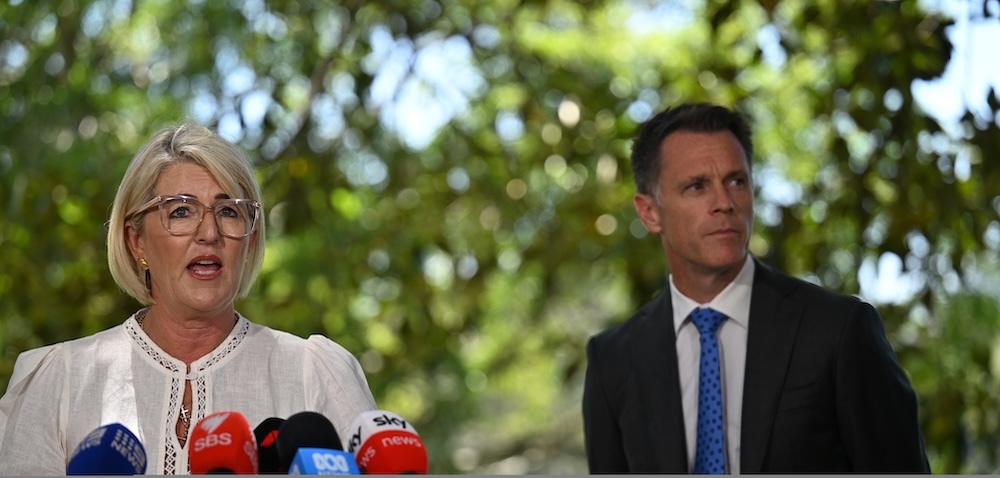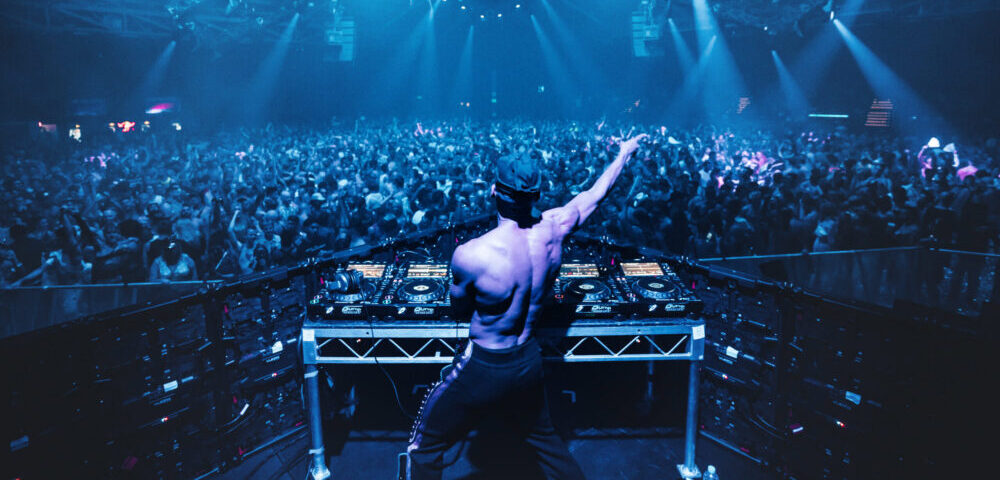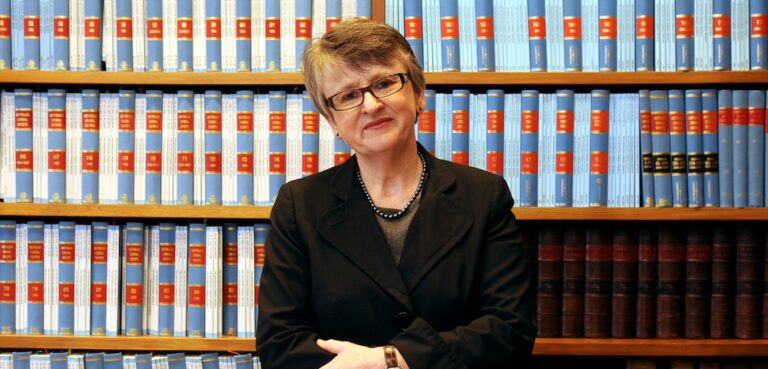
Gay Jewish revolutionary
With its tightly packed, yuppified terraces, Underwood Street runs parallel to Oxford Street, the heart and soul of Paddington. When I visit the home of Judd Weinberg a hundred metres up from the newly renovated London Tavern, the potent fumes of spray-paint emanate through the tiny street-front window, Middle Eastern music pulsating in the background. He reveals he has a manuscript on the boil, a manifesto of a global queer revolution. His art-making and writing, he notes, are his way of channelling the intensity of what he feels, of the chaos of post-adolescence -“ a medium to heal the wounds of the past. Weinberg dreams of the normalisation of sexual identity, a day when being gay is akin to having green eyes or freckles.
As a former school captain of the private Jewish school Moriah College, located in the eastern suburbs of Sydney, Weinberg felt loved by his principal, peers and teachers. He was the proverbial golden boy who had everything handed to him on a silver platter. All that changed, however, when he came out to the ultra-Orthodox institution and felt an overwhelming sense of rejection and alienation. His anger morphed into a toxic rage, which triggered him into writing his own queer agenda, distributing 1,000 copies via email and print. Here, Weinberg took a parting shot at everyone and everything that represented the source of his torturous turmoil. Weinberg challenged the hierarchy using direct quotations from the Holy Scripture, statistics on youth suicide and drug abuse to support his views. Weinberg explains, I was the school captain and I used that platform to make people think twice.
The manner in which he proceeded to express his ideas was radical and confrontational, evidence of the profound pain he felt at his rejection by the system that had raised him. Weinberg tried to kill himself due to the severity of his self-loathing and alienation.
Dayenu, the Sydney Jewish gay organisation that claims Weinberg’s arguments are one-dimensional, manipulative and overtly provocative, is also the Hebrew word for enough. Enough of what -“ submission? Scurrying for the scraps of a community that will never accept queer Jews, Weinberg says. His comments presented one side of the story. However, he was challenging Moriah College, a school which rigidly follows and upholds the Jewish law. Weinberg could not see the damage he was causing them, due to his built-up anger.
When he came out, Weinberg wanted to liberate his community with a new queer consciousness, to allow them to perceive homosexuality as a biological and natural expression of humanity and nature.
If you’re not radical you’re a docile robot, you’re a slave. A slave to their mentality and to this dominating consciousness that says queer is wrong, queer is dirty and unnatural. We have to erase that narrative, that hetero orthodox monopoly, Weinberg says.
Rabbi David Freedman, from Kehillat Masada Synagogue in St Ives, explains the Orthodox ideology. Judaism in general opposes homosexuality, he says. There are many areas where people step across the line. That doesn’t mean that they cross the line out of the Jewish community. They are Jewish people and they are welcome in our synagogue.
Judaism acknowledges there can be love for two people of the same sex; however, the law from the Orthodox perspective says the physical relationship between people of the same sex is not acceptable.
Whilst homosexuality is technically breaking the Jewish law, Rabbi Freedman seems open to the possibility of change for the future. He says, I am a tolerant and accepting person and Judaism is a religion that is not stationary, it does evolve. He concluded that, when one chooses which laws to observe, homosexuality does not reject you from the community, but rather becomes a factor of consideration with God on Judgment day.
Weinberg contests the Orthodox approach: Orthodoxy and its fundamentalists are following the interpretations of scripture which were written thousands of years ago. This philosophy is totally divorced from the reality on the ground. Institutionalised religion has the power to shape what we perceive as moral and righteous, these things are Play-Doh and malleable.
As Weinberg sees it, religion is the primary obstacle to the full recognition and protection of queer rights. This almost blanket denial of legitimacy of queerness is sourced in scripture.
Weinberg supports Reform Judaism as it incorporates secular, enlightened values that form the bedrock of Western civilisation. Rabbi Jacqueline Ninio from Temple Emanuel Woollahra, Sydney, explains: The Torah speaks of the act of a man lying with another man as one lies with a woman as toevah: an abomination. I believe that this portion of the Torah is based on an understanding and approach to homosexuality that does not apply today. There are other commands in the Torah which we choose not to follow as a result of a changing world-view and understanding. For example: keeping slaves, sacrifice, prohibition of women owning property and, in the same portion as the statement about homosexuality, the command to put to death children who insult their parents.
Weinberg says, We should examine the Torah as an historical source and we should draw inspiration and concepts of morality from it. However, our dogma or fundamentals should be human rights dogma and the right to happiness and the right to belong.
Weinberg seems to have the intellect, courage and passion to bring the queer agenda onto the main stage. He has just moved to Tel Aviv, Israel, the queer capital of the Middle East, to study further and develop his writings -“ to continue to spread his version of queer consciousness. Some, in fact many, may call him a madman, but he assures me that at least he is a free one.
